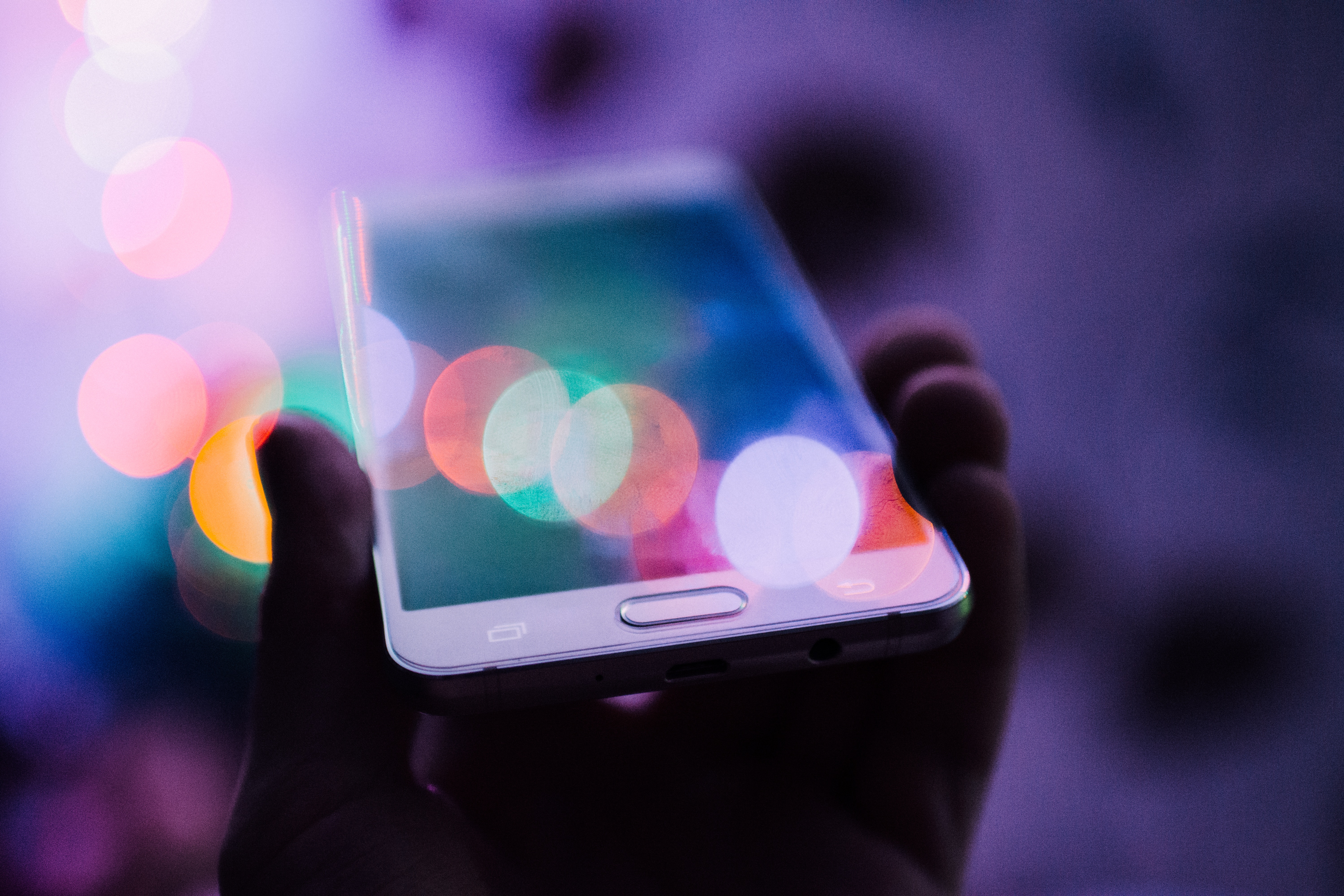 Skip to content
Skip to content
7 Ways to Organize Your Digital Life
More and more of our interactions, transactions, and filings are happening digitally. We Skype with friends far away, order the latest camping gear from Amazon, and pay our bills online (complete with online receipts). Yes, our phones, tablets, and computers have become central to modern life, and since RVers are on the move a lot, they can help save precious space in our RVs. However, now we have a new problem: digital clutter.
- Organize your email inbox. We receive dozens of emails every day. Some of them useful, many of them not. It’s easy for our inbox to become a holding spot for messages until we can get to them, whether that’s to respond to them or to delete them. Only leave items in your inbox that require your attention and a response. Delete or archive anything else. Organize your inbox with folders (i.e., Bill – Loan, Camping Reservations) so that you can easily rearrange and store emails you want or need to keep – and be able to find them later! And honestly, if you keep deleting emails from the same source, just unsubscribe.
- Clear out. We store a lot without even realizing it, namely in our cache and downloads folder. Routinely free up valuable space by clearing your cache, clearing your history, and clearing your downloads folder. Your device will work better. Think of it as paring down your closet during spring cleaning. Do you really need it all? If you have trouble remembering your passwords, then consider setting up a LastPass account.
- Create a bookmarks folder with sites you visit often. First, set up specific folders by type, such as banking or bills. Then navigate to the site and save it as a bookmark in its appropriate folder. Speaking of bookmarks, take a good look at what you have currently. Do you really need all of them? Did you ever use any of them? Get rid of anything you don’t use routinely or rely on. You may discover some ideas you’ve forgotten you’ve bookmarked.
- Reduce apps. Everyone has an app these days. Try to avoid app clutter on your phone or tablet by removing ones you don’t use. Organize your apps so that the ones you use most are the most readily available (home screen) and then try to have only one more screen’s worth of apps after that. This helps reduce confusion as well as disorder on your phone.
- Check your photos. Photos and videos take up significant space, and often accounts are connected (i.e., take photo on phone, it is stored in Google Photos in the Cloud). Back up your photos once a quarter to a cloud backup system (this may have a small monthly or annual fee), or at least check that they are backed up if this is done automatically, and then delete the photos from your mobile device.
- Turn off notifications. Do you really need to know every time someone comments on a post you made? Or when a photo receives a Like? These pesky notifications can disrupt our everyday peaceful living, not to mention clutter up our email inbox and make us anxious with our seeing “14” next to the app in question. Just say no to notifications unless it’s a matter of security.
- Get in a routine. It’s overwhelming to do all of this every once in a while. The key, once you are organized, is maintenance. Take a few extra seconds to archive something correctly, or to respond to a message instead of letting it sit around until “you can get to it.” You will be much better off in the long run.
MARVAC2019-01-02T06:50:53-05:00
Share This Story, Choose Your Platform!
Page load link

